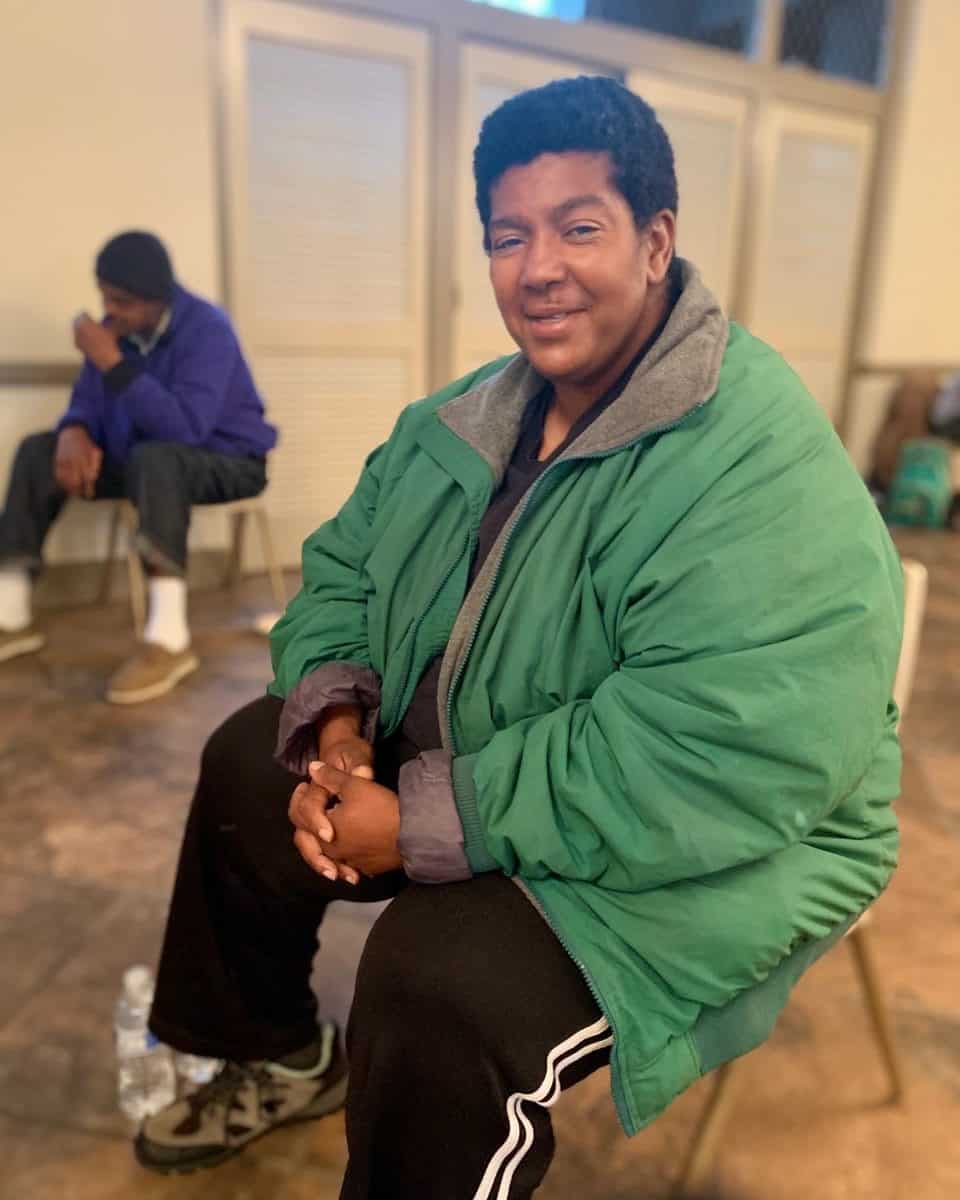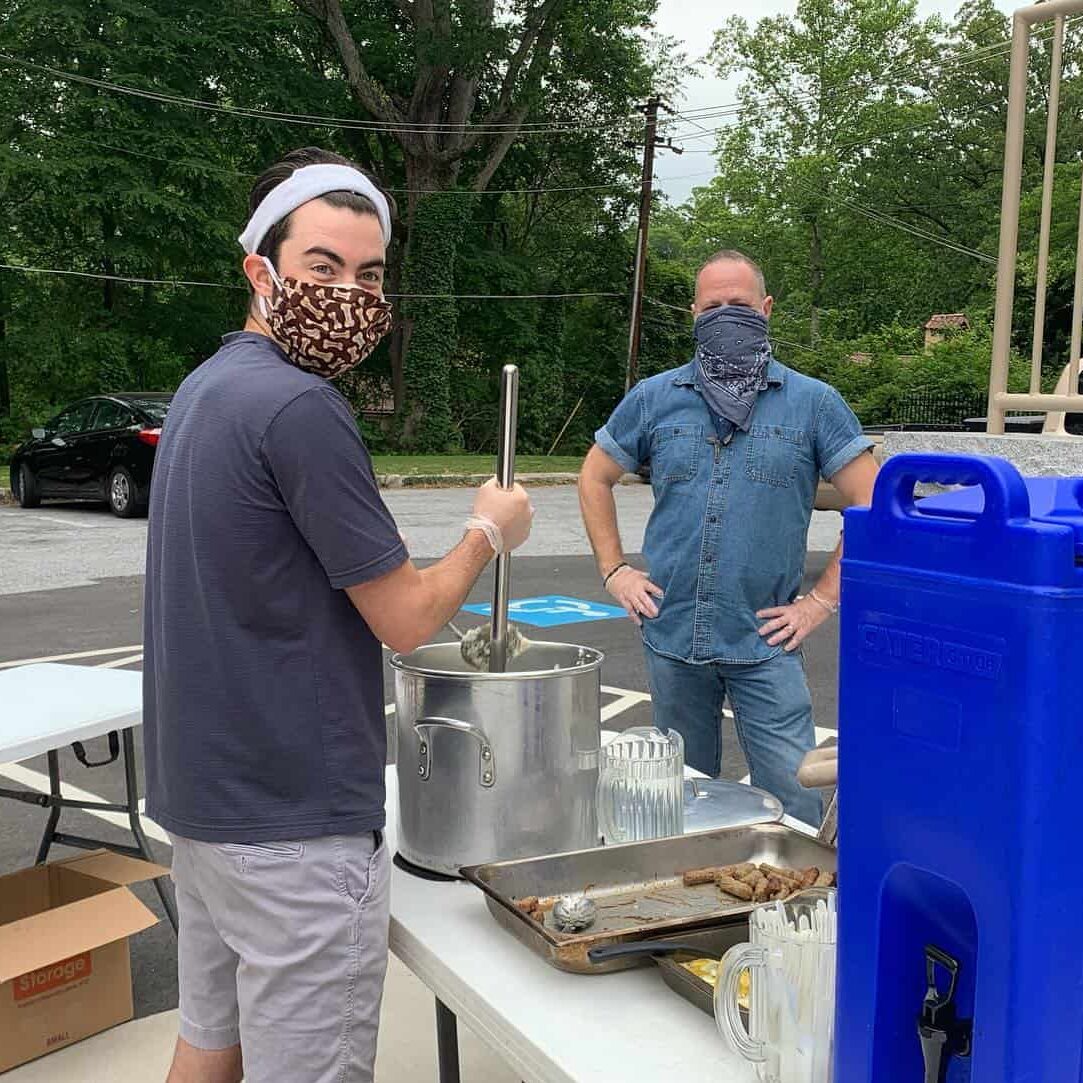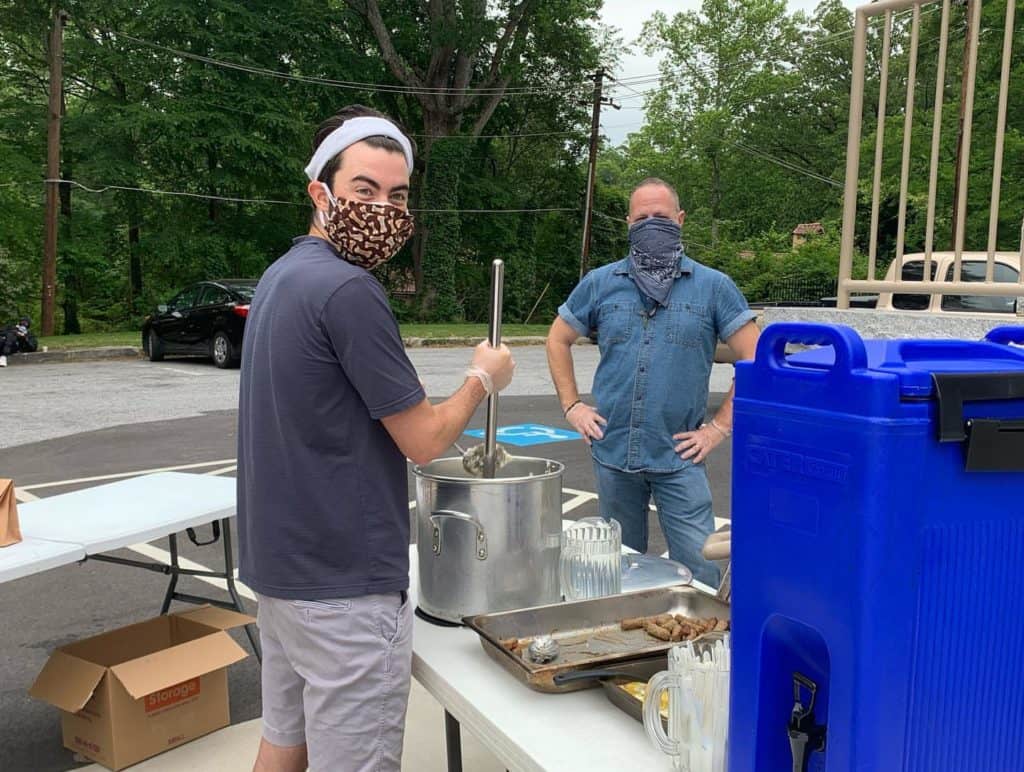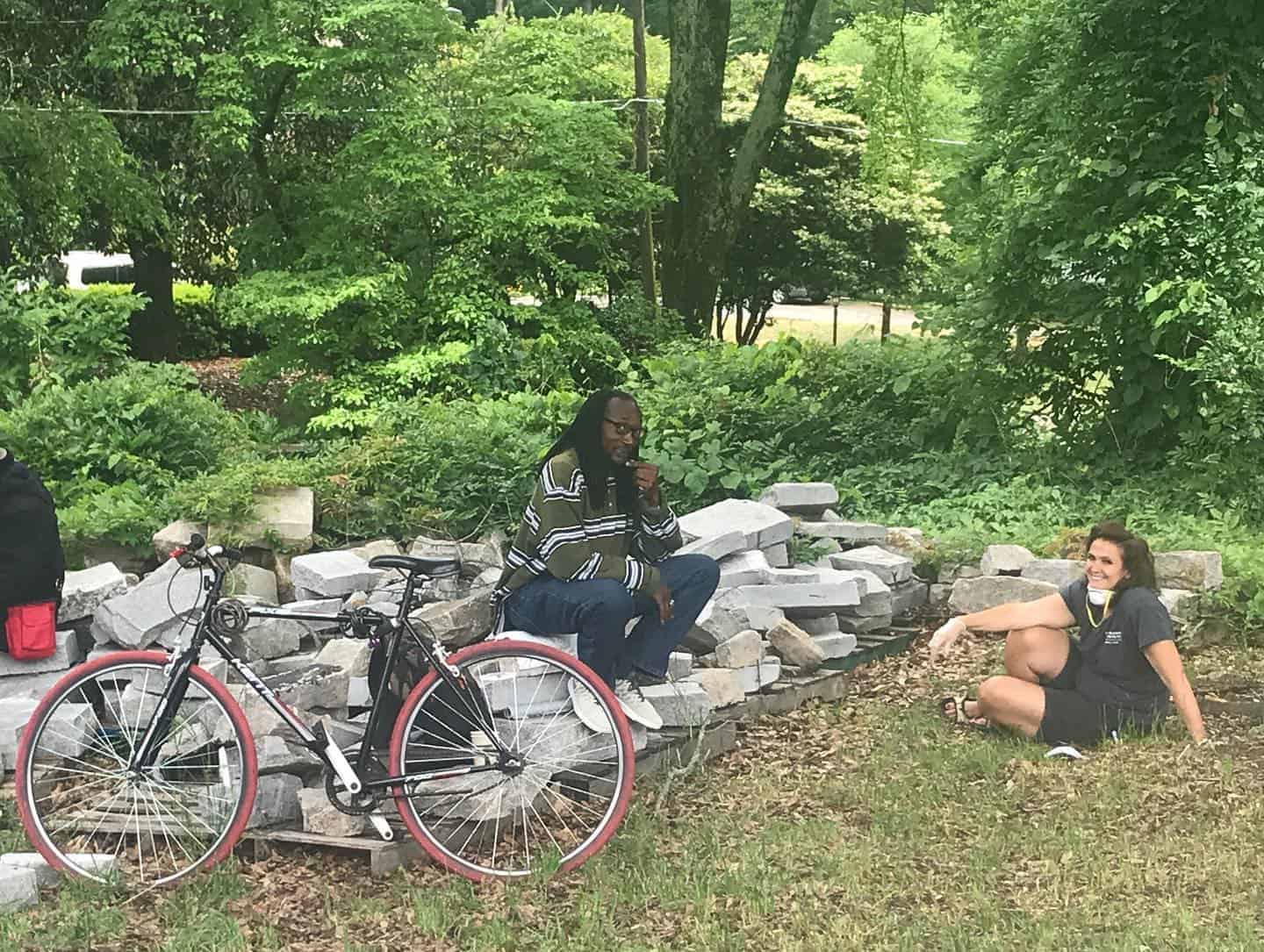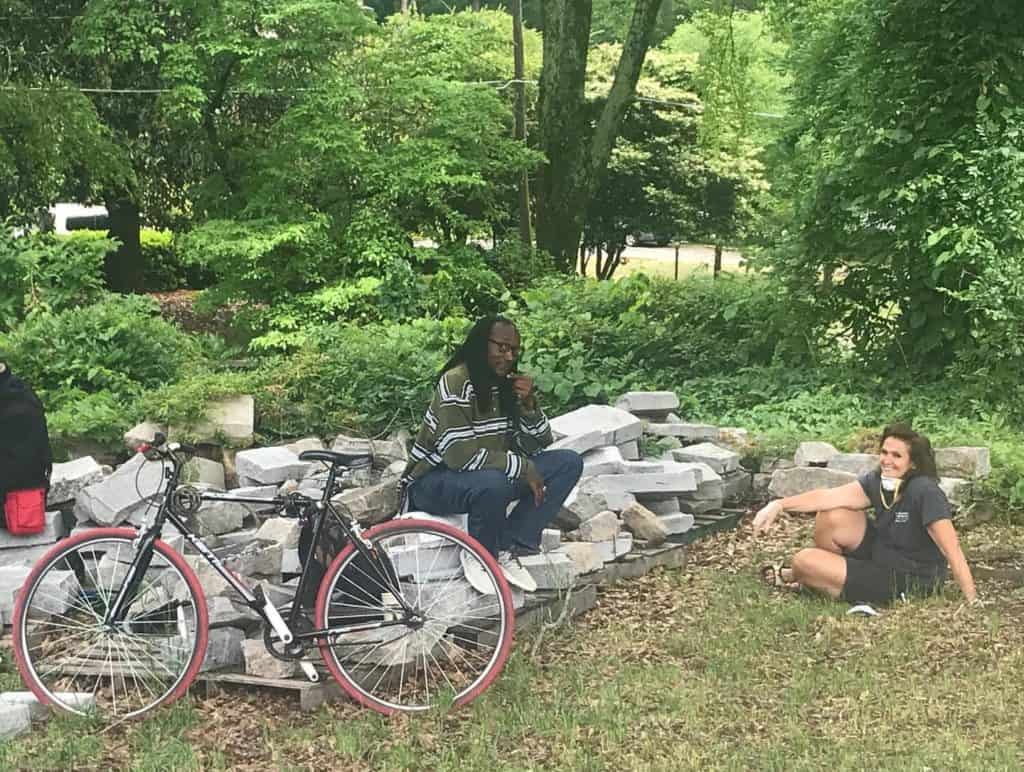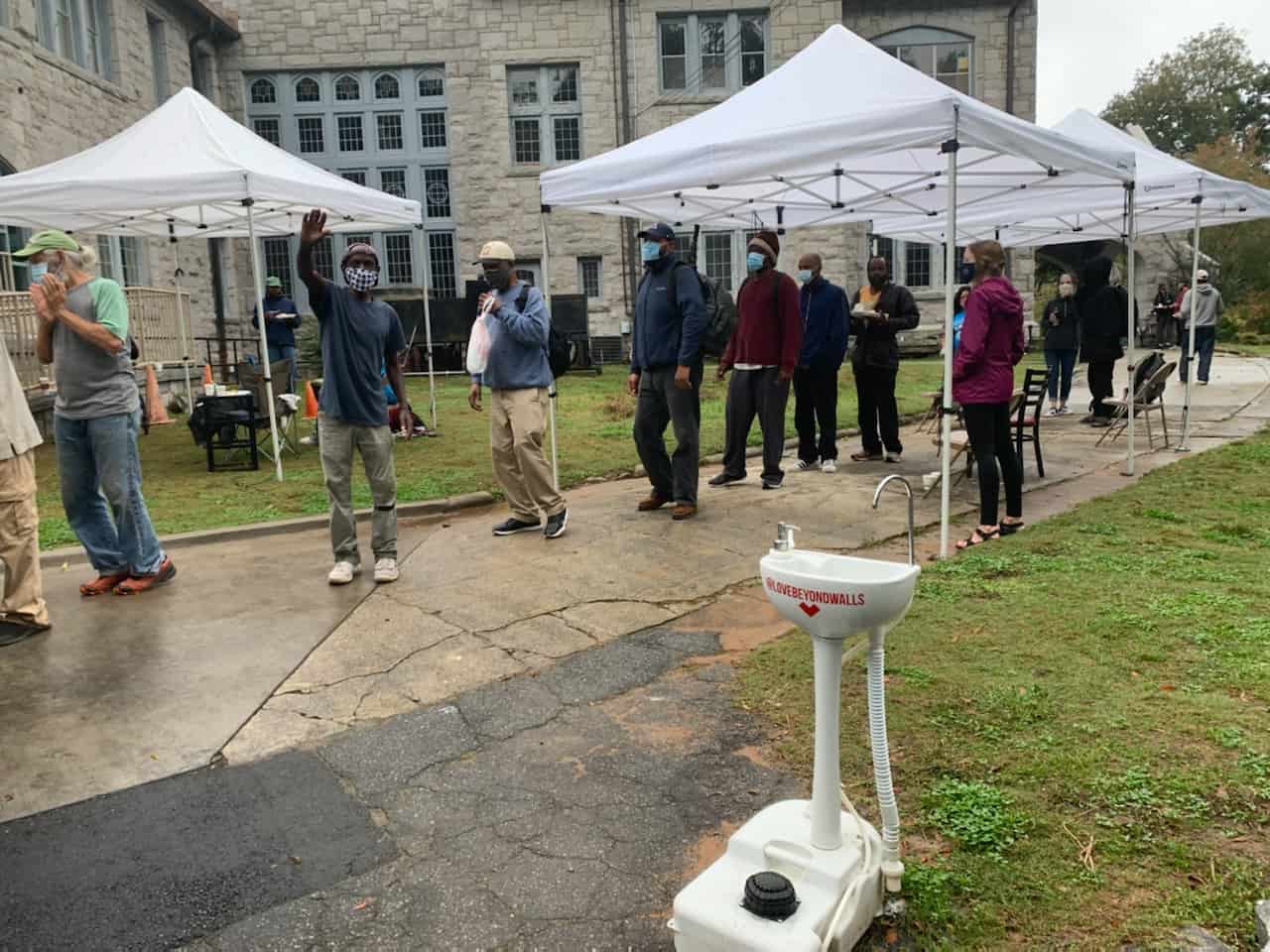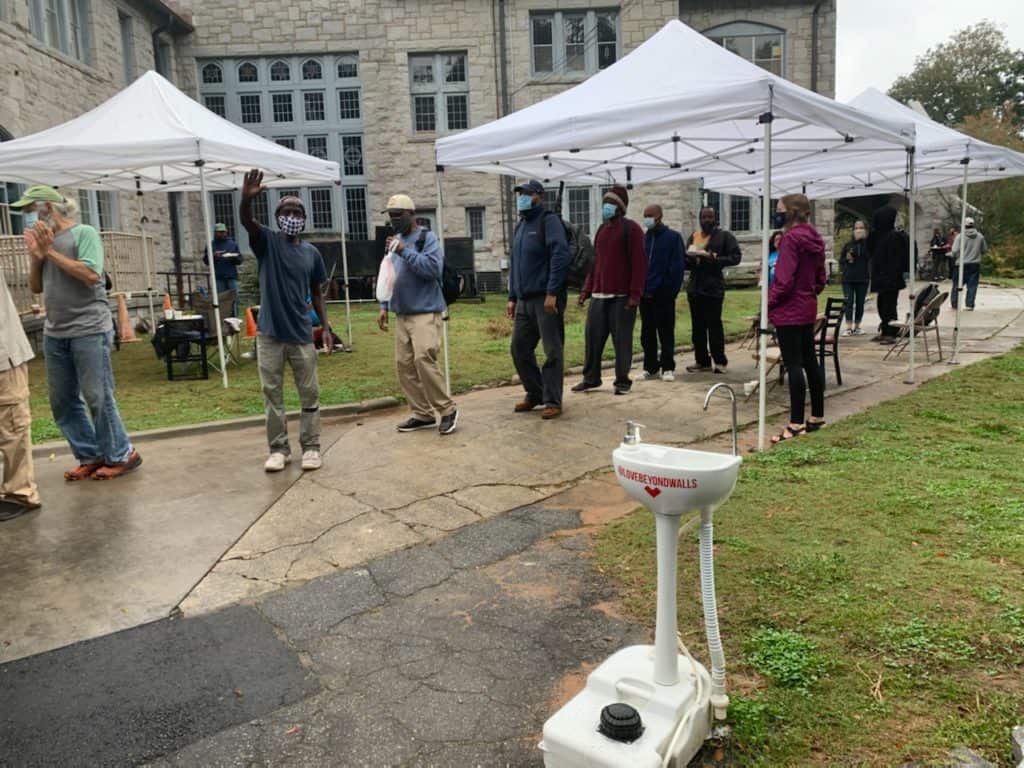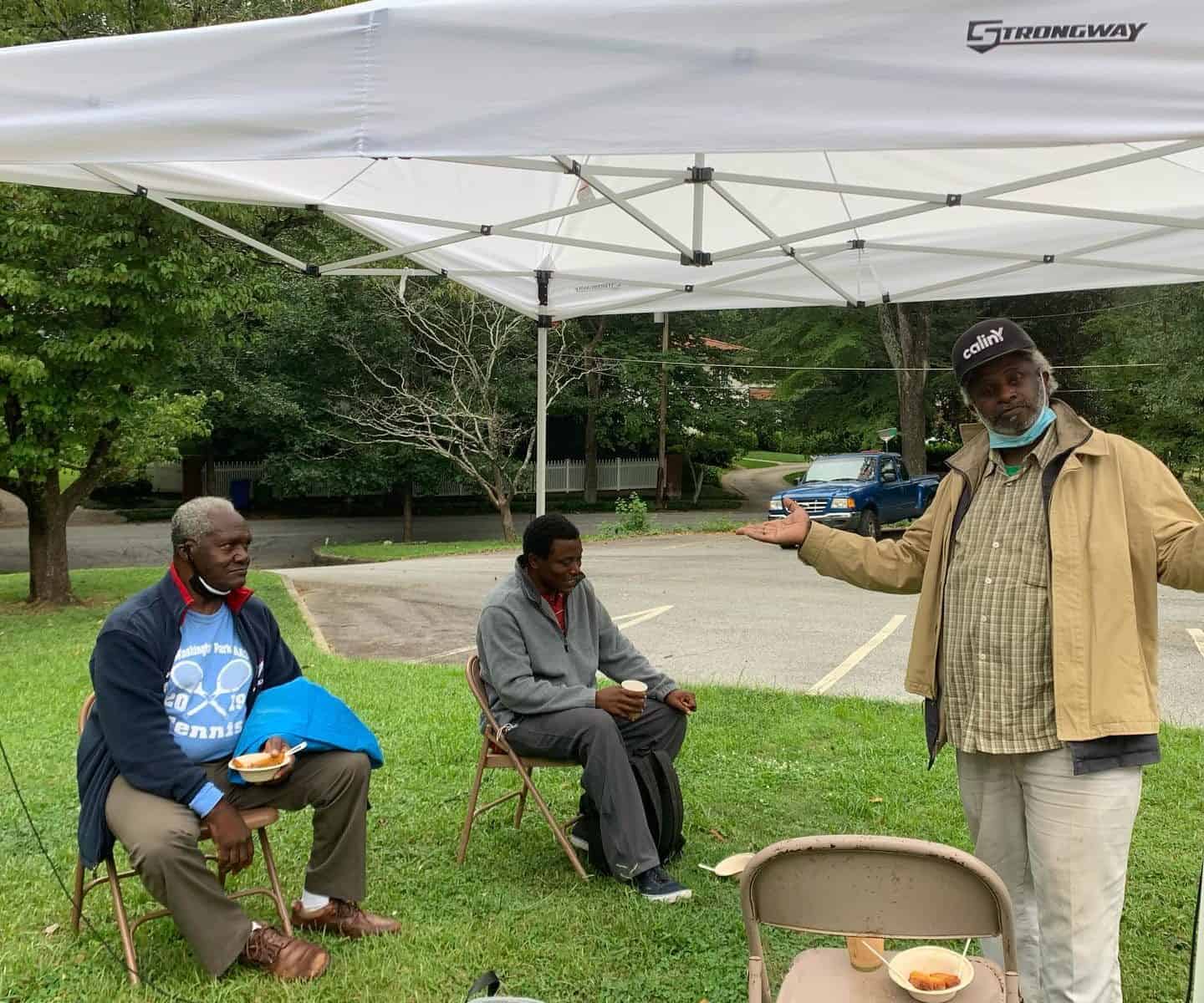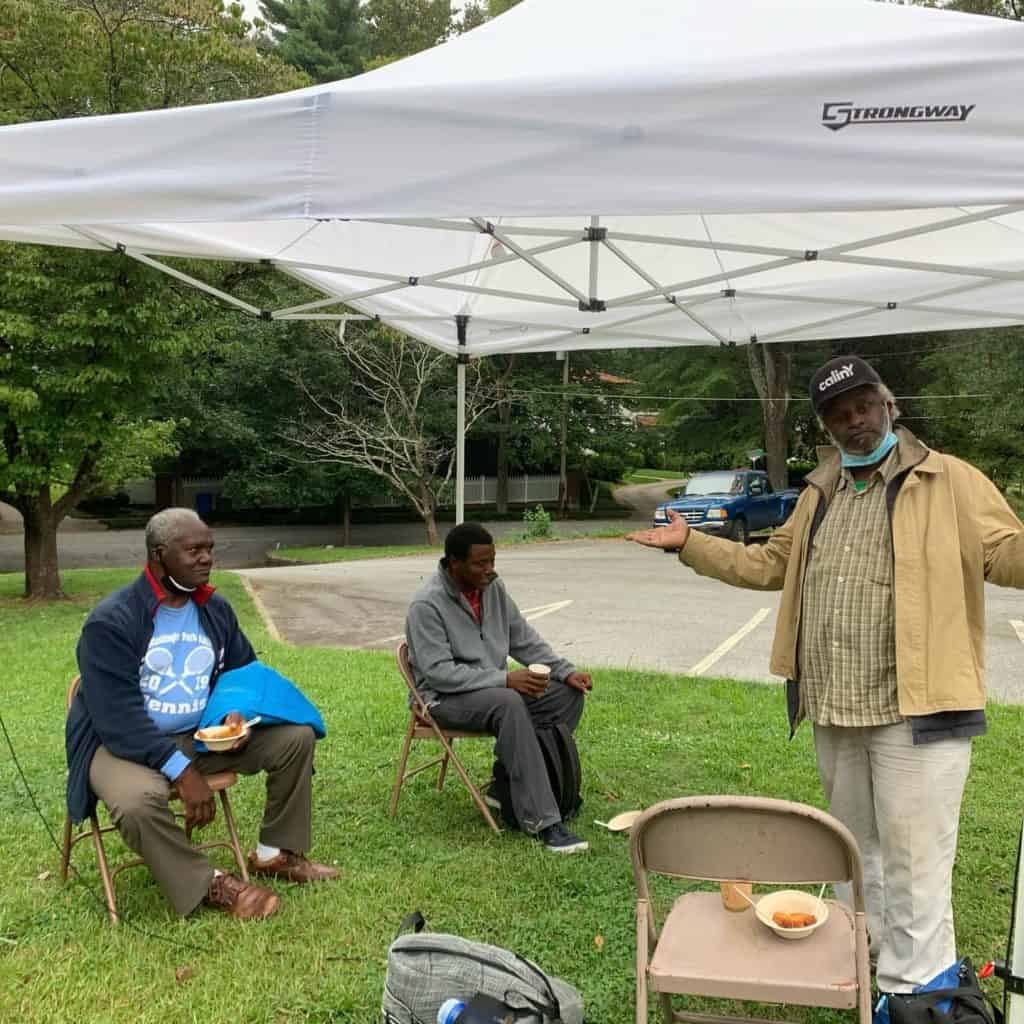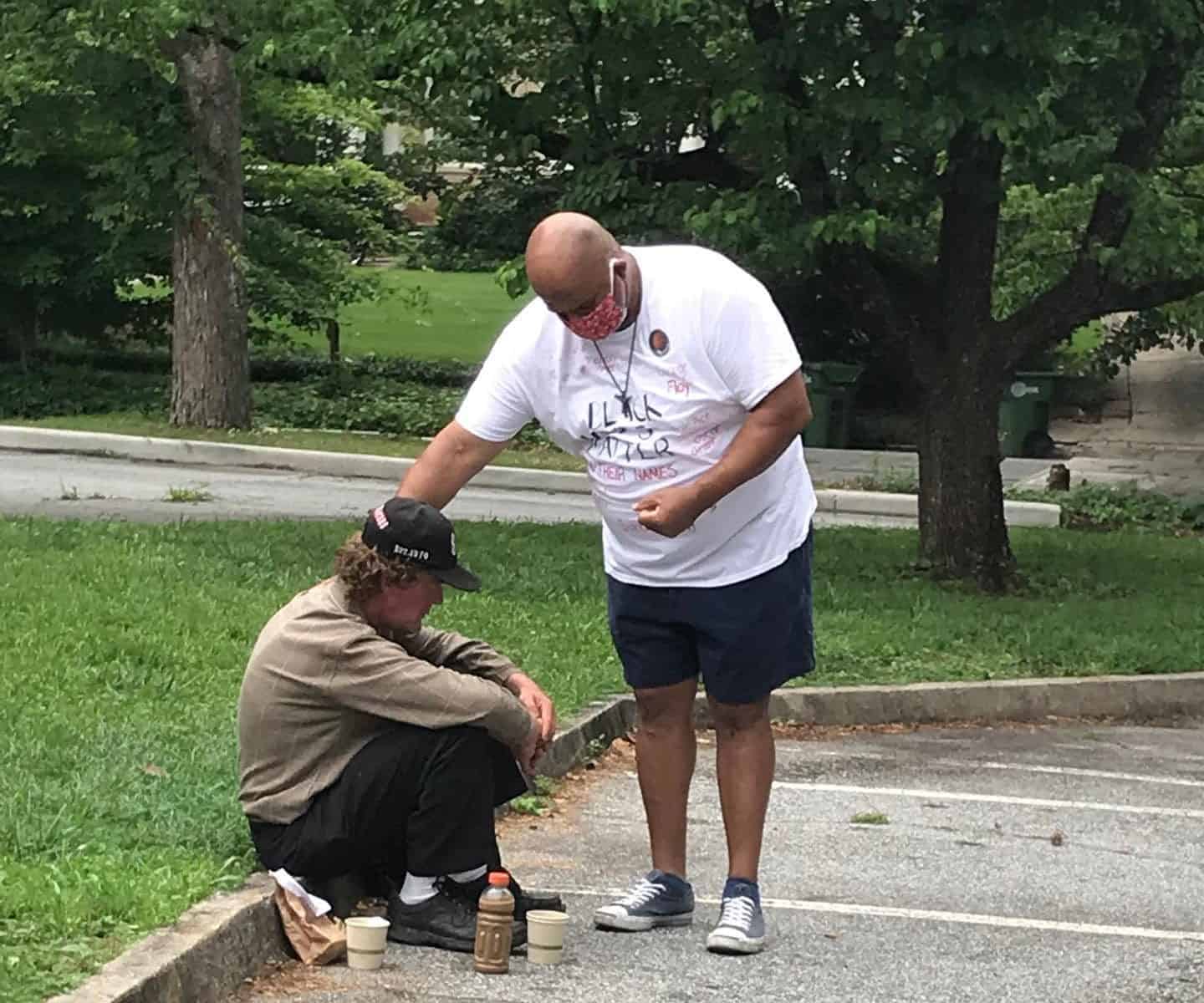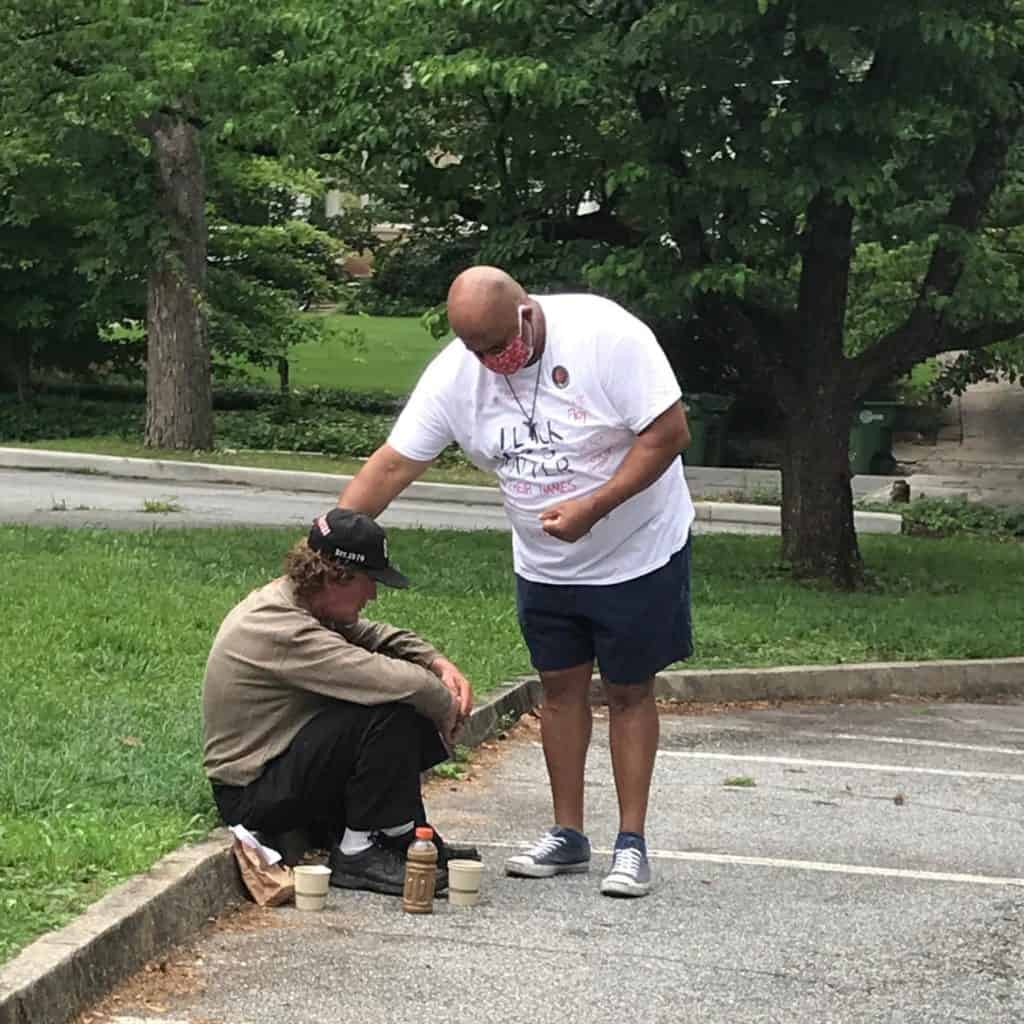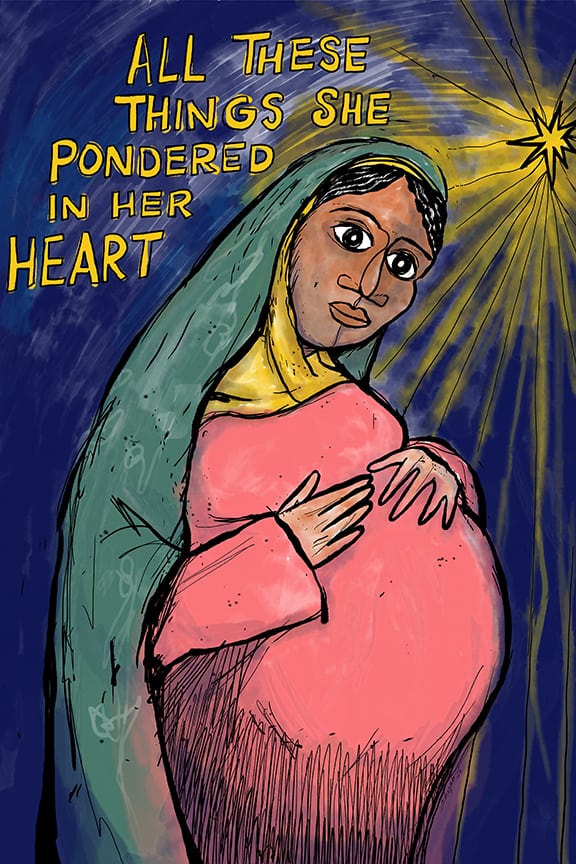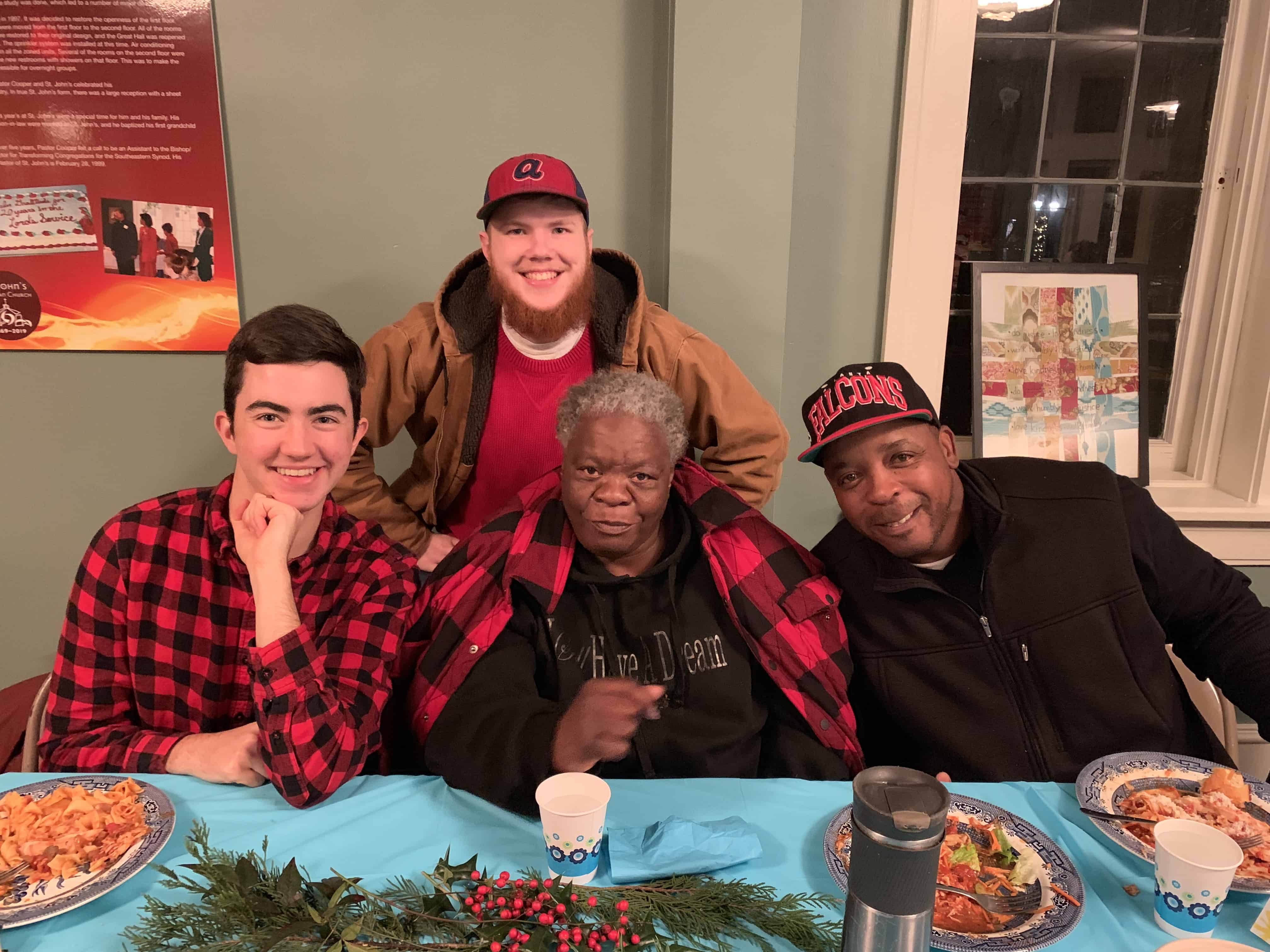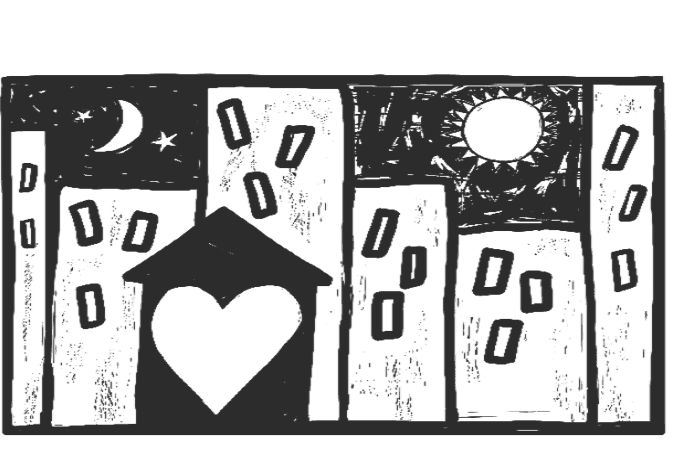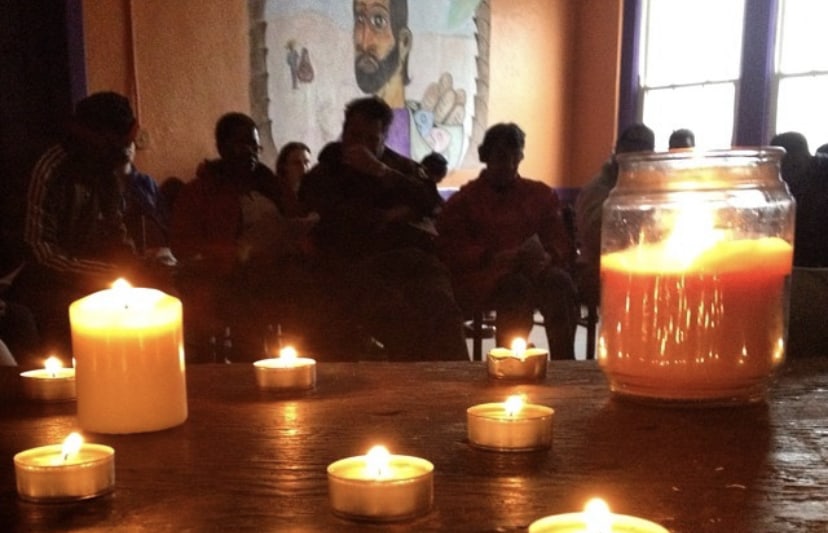Author: Chad Hyatt
Psalm 80:1-7, 17-19
Reflection: v. 3, ‘let your face shine, that we may be saved’
How do you see the face of God? I see it everyday. I see the face of God in the multitude of faces that greet me each morning in our little community—a patch-work quilt of beautiful belovedness. Sometimes it may be weathered and weary, looking for hope like a last scrap of bread. But it’s the face of God, all the same. It may have eyes wrinkled in mischief, laughing at a good joke or another crazy story of survival on the streets. But it’s the face of God, all the same. It may have a brow furrowed in concentration, trying to puzzle out a piece of Scripture in a particularly hard Bible study. But it’s the face of God, all the same. It may be with a mouth wide open in full-throated song as we gather to worship. But it’s the face of God, all the same. It is the face of God shining upon us that saves us, the psalmist says. God saves us face-to-face. And face-to-face is the only way we can truly love our neighbors, in keeping with the great commandment. It’s mighty hard to see the face of God in prayer or perhaps someday up in heaven, if we fail to see God’s face in our neighbors here and now. Salvation is never just personal. It’s social, too. But in an ironic twist, even our social salvation must also be personal—made possible by the lines we cross to make community in this world. If we hope to feast at the banquet of God, then we had better pull up a chair at a table where folks are hungry. And as we break what bread we have together, let us look one another in the eye—and see reflected there a thousand stories we had never imagined. Then and only then shall we see each other face-to-face. And we might just find that the face of God is shining radiantly upon us.
Prayer Lord, as the psalmist sang, let your face shine upon us. And save us, O Lord, face-to-face—in your company and in the company of our neighbors, especially the poorest among us.




